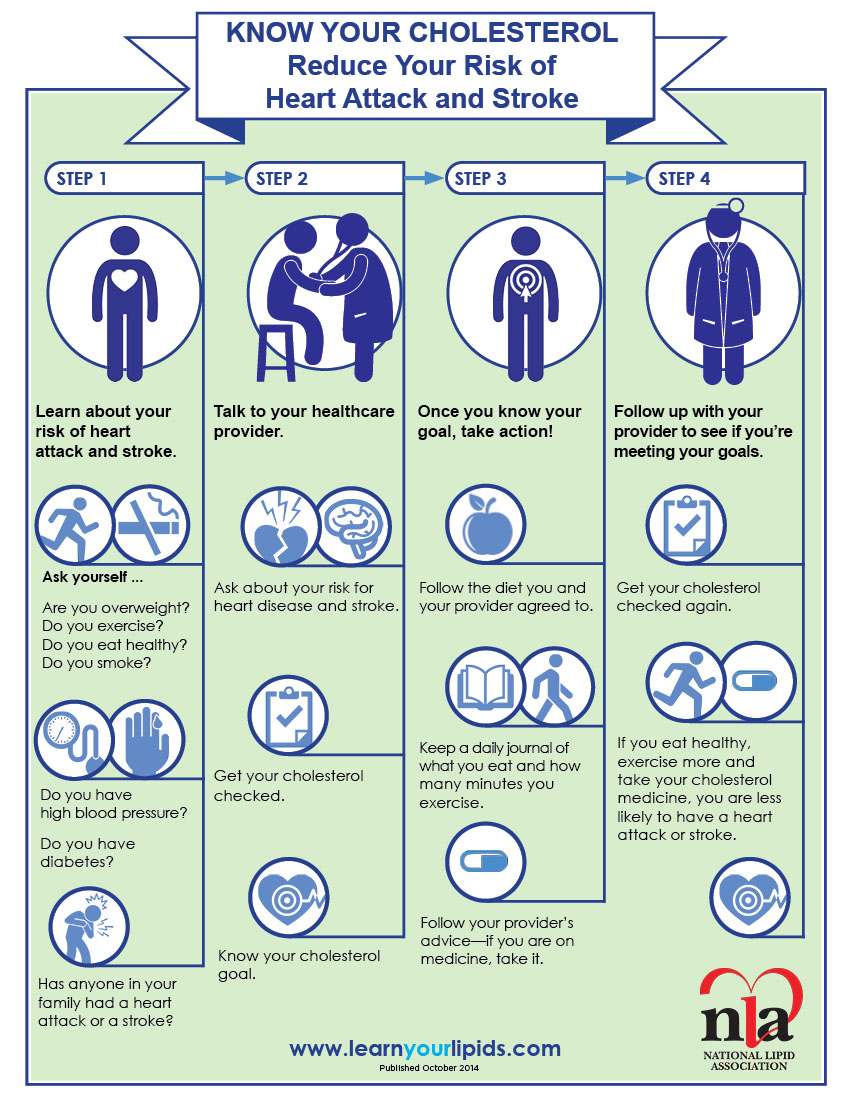How To Support A Loved One After A Heart Attack
Contributed by Ryan Peterson.

According to the CDC, the leading cause of death for both men and women in the US is heart disease. That’s about 647,000 people every year.
While medical treatments and interventions continue to improve outcomes for many people, the road to recovery is still a long one. If your partner or a member of your family has experienced a heart attack, then the support they need afterward in important for their long term recovery.
Do your research
You need to be well informed on the subject of heart disease. Educate yourself on the condition so that you are not constantly asking questions they may not be comfortable answering.
If they have a specific rehabilitation program or diet, learn this inside and out so you are able to help them follow it, even when they themselves don’t feel like it.
Be prepared to support them in their new lifestyle which will probably mean big changes to diet and exercise habits as well as taking supplements, medications, and possibly Neuroscience Vitamins. Why not join them in their new healthy lifestyle and improve your health too?
Emotional support and guidance
In addition to the physical recovery, there is a mental journey. A person who survives a heart attack can react in many different ways. Some people feel they’ve been given a second chance at life, others feel like their life is irrevocably changed forever and it’s only a matter of time before something else bad happens.
Continue reading8 Facts *Every* Man Should Know About Heart Health
Contributed by Tommy Wyher.

Did you know your heart will pump the equivalent of 1 million bath-tubs of blood in its lifetime?
Interestingly, the majority of causes of heart disease are related to lifestyle factors, so the health of your heart rests squarely in your hands. As a high performing pump that works non-stop 24/7, your heart requires care and maintenance.
Looking after your heart means it will keep on pumping! With that in mind, here are some other health facts about your heart to take into consideration. Some of which we’re sure you may not even be aware of…
The warning signs of heart disease
Heart disease is your body’s worst enemy, often resulting in heart attacks or even strokes.
Continue readingWhat is a heart attack?

A sudden and sometimes fatal occurrence of coronary thrombosis, typically resulting in the death of part of a heart muscle. ~ Oxford dictionary
The heart muscle requires oxygen to survive. When oxygenated blood flow to the heart muscle is cut off or severely reduced a heart attack occurs. Blood flow can be cut off or severely reduced by the build-up of arterial plaque. This build up eventually causes arteries to narrow and potentially close completely. This is a slow process known as atherosclerosis.
As plaque builds up it can eventually rupture or break open inside the artery, causing a blood clot to form. If the blood clot becomes large enough, it can reduce or completely block the flow of oxygen rich blood to the heart muscle.
Ischemia is when the heart becomes deprived of needed oxygen and nutrients. If blood flow to the heart is not quickly restored, ischemia will damage or cause the death of part of the heart muscle. This is a heart attack and the healthy heart muscle tissue becomes replaced with scar tissue.
Continue reading
Heart Attack vs. Panic Attack: When to seek medical attention

Heart disease impacts your heart muscle, blood vessels, and electrical system. Coronary artery disease is the most common form of heart disease. Coronary artery disease involves the build-up of plaque deposits on artery walls. This plaque build-up is called atherosclerosis. When this plaque ruptures it cause a blood clot to suddenly block an artery. If this happens within the heart, it causes a heart attack. When this occurs, it’s imperative you receive life-saving treatment within the first 30-minutes to prevent permanent damage and death.
Symptoms
Chest pain and breathing difficult are common symptoms for both a panic attack and a heart attack. Additional symptoms for both can include palpitations, dizziness, feelings of impending doom, burning sensation in the chest, numbness of hands and feet, unusual fatigue, fainting, and sweating. Panic attacks occur spontaneously, maybe triggered by a stressful event. Chest pains, as a part of anxiety, are not normally considered to be dangerous. However, chest pain and breathing difficulty can also be signs of a lack of blood flow to the heart muscle.
How do you differentiate?
Heart Attack:
- Increasing chest pain reaching max severity in a few minutes
- Constant pressure, pain, aching
- Left chest pain
- Pain that radiates from the chest to other locations
- Pain connected to movement or exertion
Panic Attack: Continue reading
8 Steps to Prevent a Holiday Heart Attack

Good food, laughter, and quality time with family. A picture perfect holiday season, right? Well, that is Hollywood’s version anyway. Holidays tend to spike stress levels for many.
Finding just the right gift. Preparing for company. Long hours cooking. Then hours of clean up. Late nights socializing. Long days on the road. Hazardous travel conditions.
Holiday activities trigger a spike in cardiovascular events, such as a heart attack. There is about a 5% increase in heart-related deaths during this season according to a 2004 study published in Circulation.
Take steps this holiday season to counteract the extra stress you know lies ahead.
Continue reading
Reduce Your Risk of Heart Attack and Stroke (infographic)
 An infographic by National Lipid Association.
An infographic by National Lipid Association.



